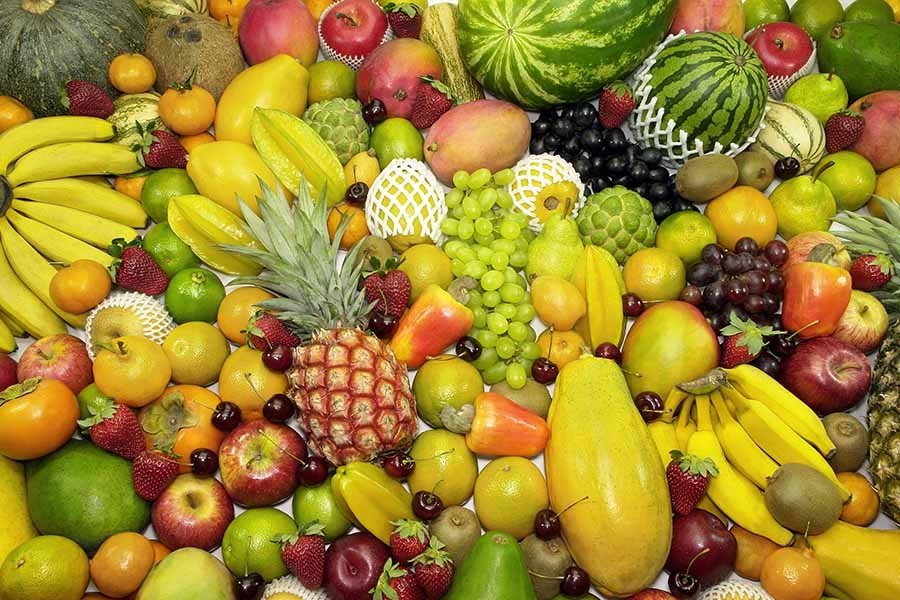As the COVID-19 pandemic scenario turns grimmer in the country, many sectors which want remedial focus appear to lie adequately uncared-for. One such sector comprises summer fruits. A sizeable number of farmers in the country are engaged in growing these fruits. With the demand soaring among the consumers thanks to their improved quality, and falling price due to higher yields, summer fruits now enjoy a major place in the country's agro-production. The raging COVID-19 appears to unleash a bout of disruptions to the fruits' supply. The season of summer in Bangladesh officially begins in the Bangla month of Baishakh and continues up to Jaishtha. Nowadays, the season extends to the first half of Asharh, officially the first month of monsoon.
The people of Bangladesh consider mango as the king of the country's fruits. It's the most popular of the summer fruits. The reputation of the juicy aromatic fruit has spread beyond the land's boundaries over the ages. Countless travellers who visited Bengal in different periods have carried the fruit's reputation to their respective countries. Although the fruit is abundantly grown in India and some South, Southeast Asian countries like China and Vietnam, the mangoes of Bangladesh stand out with their unique taste. The sweet and mildly scented litchis are also highly popular. But the one that occupies a grand place among the Bangladesh fruits is jackfruit. It is relatively affordable to the common people. Jackfruit is the 'national fruit' of Bangladesh. During summer, they are available on the market for a period longer than mangoes.
Although the three major summer fruits begin appearing on the market from mid-Baishakh, some other fruits start reaching the wholesalers much earlier. This year is no exception. But to the growers' disillusionment, the small number of wholesale and retail buyers doesn't bode well for business. The south-eastern hill district of Rangamati is famed for its abundant growth of pineapples. The thin presence of buyers who collect the fruit in large quantities has emerged as a cause of worry to the growers. Apparently it points to the communication disruption between places caused by the ongoing shutdowns. Although a few wholesalers could transport pineapples to far-flung retailers, the fruit remains unsold despite their prices being cheaper than last years'. The process begins at the level of growers at river terminals. The growers now have two options: either selling the pineapples at throwaway prices asked by wholesalers or taking the fruits back home and let them rot. A similar fate has apparently struck the growers of water melons, a much adored fruit in Bangladesh during summer.
Against this depressing backdrop, the mango and litchi growers in the country's south-western and northern regions brace for an unexpected business slump. Thanks to the fruit's increasing demand with every passing year, the mango orchard owners are now focused on the ways to raise the mangoes' quality --- taste in particular. To ensure their exportability, farmers have adopted modern techniques like fruit-bagging. They have cut down on pesticide uses. In the last couple of years, the numbers of wholesalers and local retailers have increased manifold. To prevent the remedial measures from ending up being a fiasco leading to financial losses, special arrangements to transport perishable mangoes and litchis to the consumers' end across the country need to be discussed at policymakers' level without delay.


